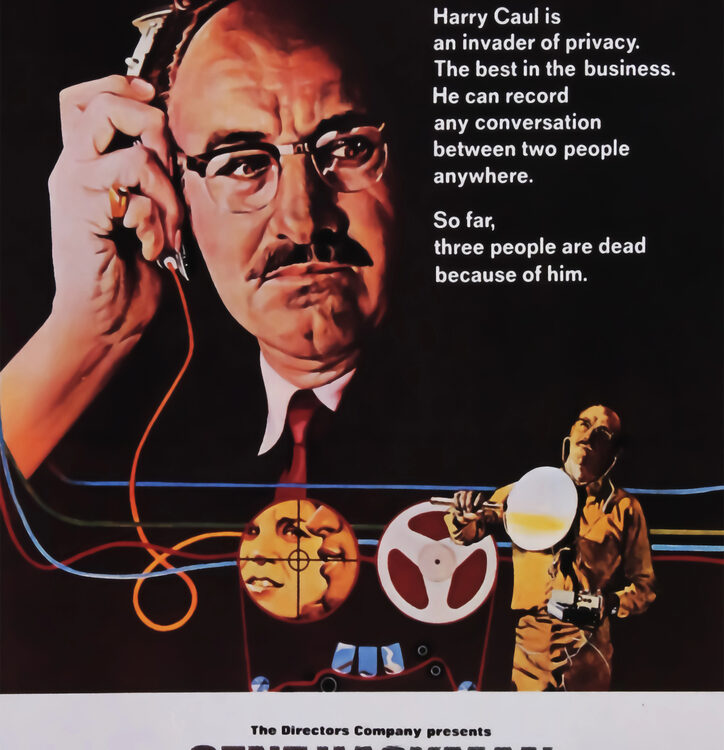How to Protect Your Digital Assets in Your Estate Plan
June 6, 2018Separated? What You Need to Know About Your Estate Plan
June 29, 2018If you are a hunter, gun collector, or simply a gun enthusiast, you may have ideas about who should inherit your firearms when you die. You may assume you can just designate one or more beneficiaries of your firearms in your Will or Trust, just like other types of personal property such as jewelry or family heirlooms. However, unlike your grandmother’s wedding ring or your “good” dishes, transfers of firearms are subject to both federal and state laws. California’s gun ownership and transfer laws are more restrictive than in many other states.

If you’re not careful when you include your guns in your estate plan, you could run afoul of the law and cause problems for your personal representative (executor) or trustee, as well as your intended beneficiaries. Planning for the transfer of your firearms starts with an evaluation of whether, and how, your guns are covered by California and/or federal laws. Certain weapons, including assault weapons, sawed-off shotguns, and machine guns are treated differently than hunting rifles or antique weaponry created in the 1800s or earlier. You’ll need to understand how your guns are classified before you can determine how to plan for their distribution when you die.
The analysis doesn’t end there, however. You may also need to do some investigation into the backgrounds of the people you want to inherit your guns. That’s because California law prohibits transferring firearms to minors, convicted felons, mentally incompetent people, narcotics addicts, and others. From a practical standpoint, it can be nearly impossible for an individual trustee or personal representative to determine who is – or is not – on the prohibited list.
What’s more, there are certain restrictions and requirements for anyone who lives with someone on the prohibited list. Working with a Federal Firearms Licensee (FFL) can provide some assurance and comfort to the person/people responsible for winding down your estate. However, there are some limited exceptions for transferring weapons to immediate family members without using an FFL.
Please note that a complete review of the potential risks of failing to appropriately plan for the transfer of your firearms is outside the scope of this post. If you own one or more firearms, contact us today to discuss how to legally include your gun(s) in your estate plan.



